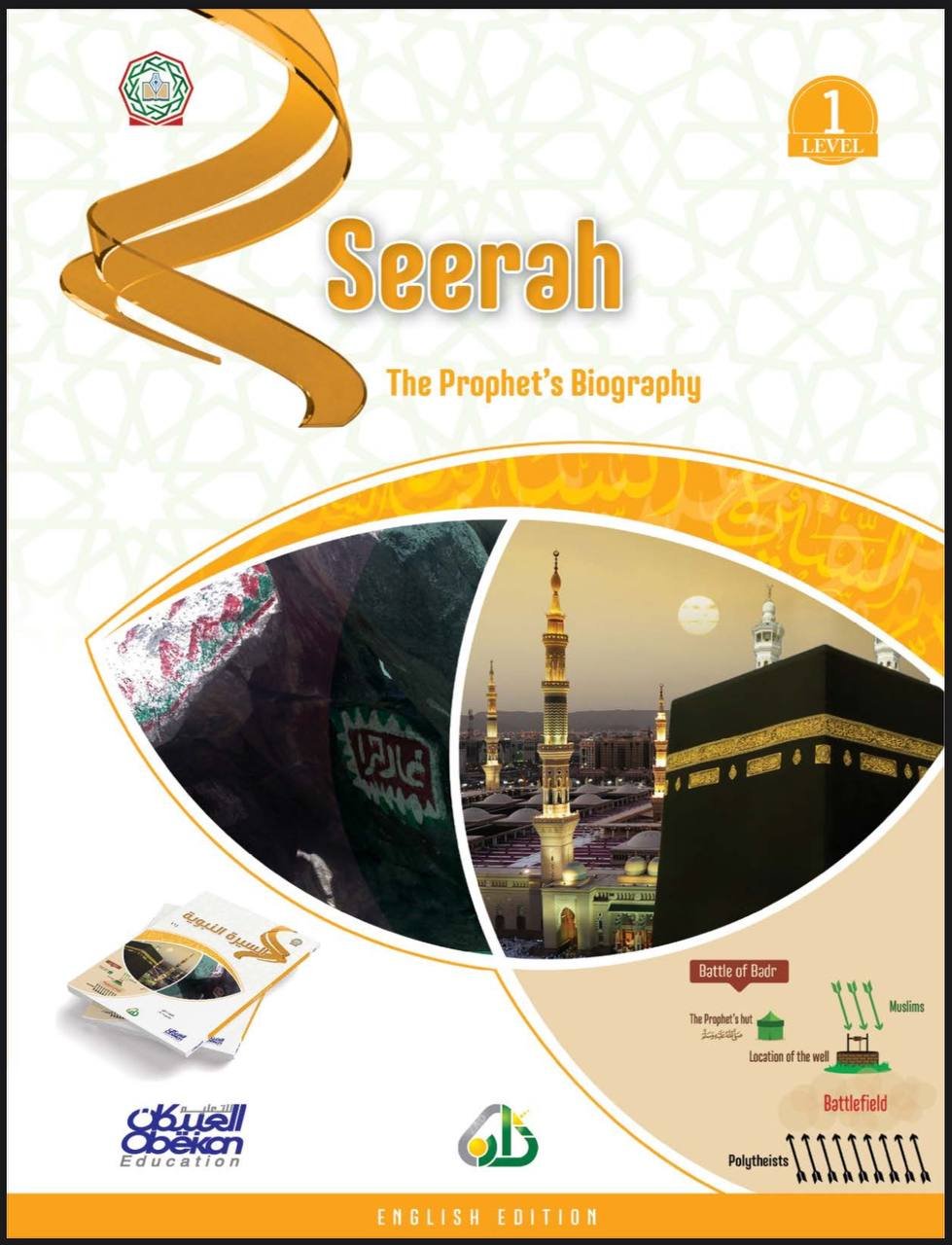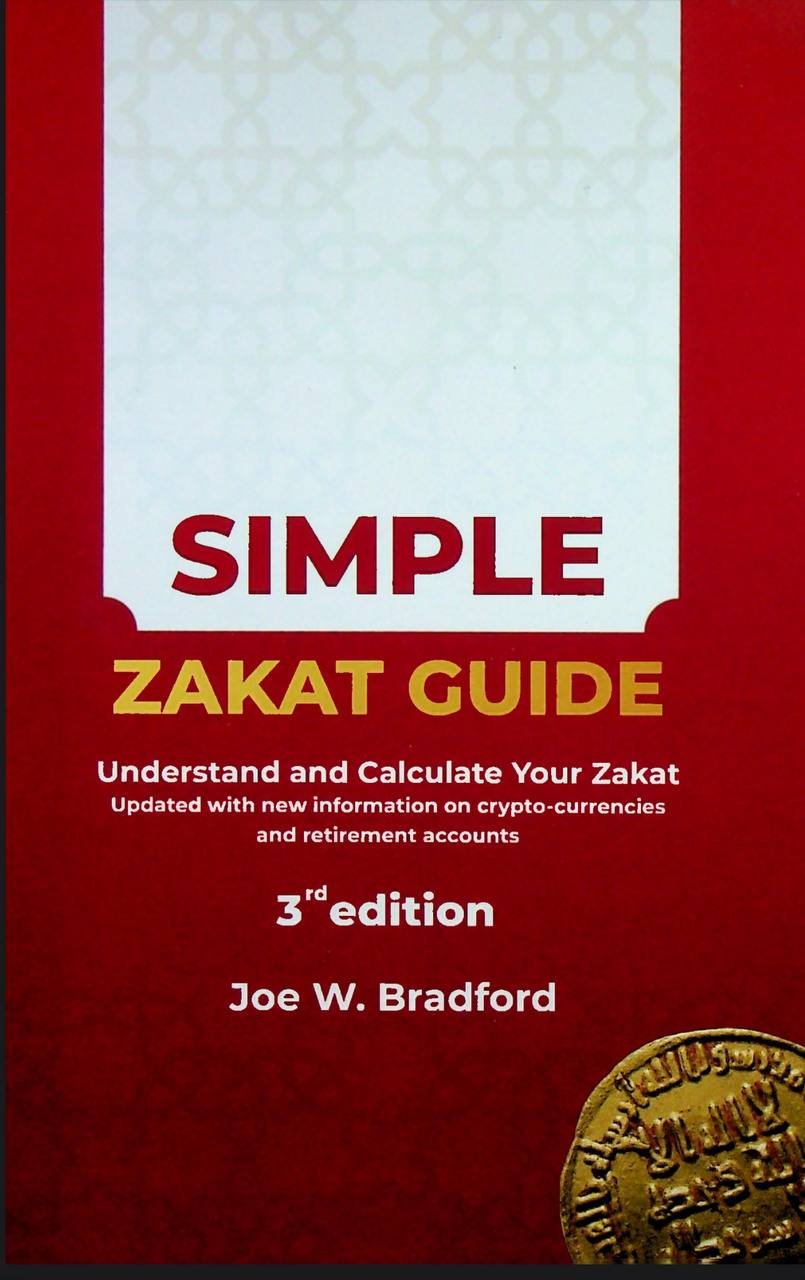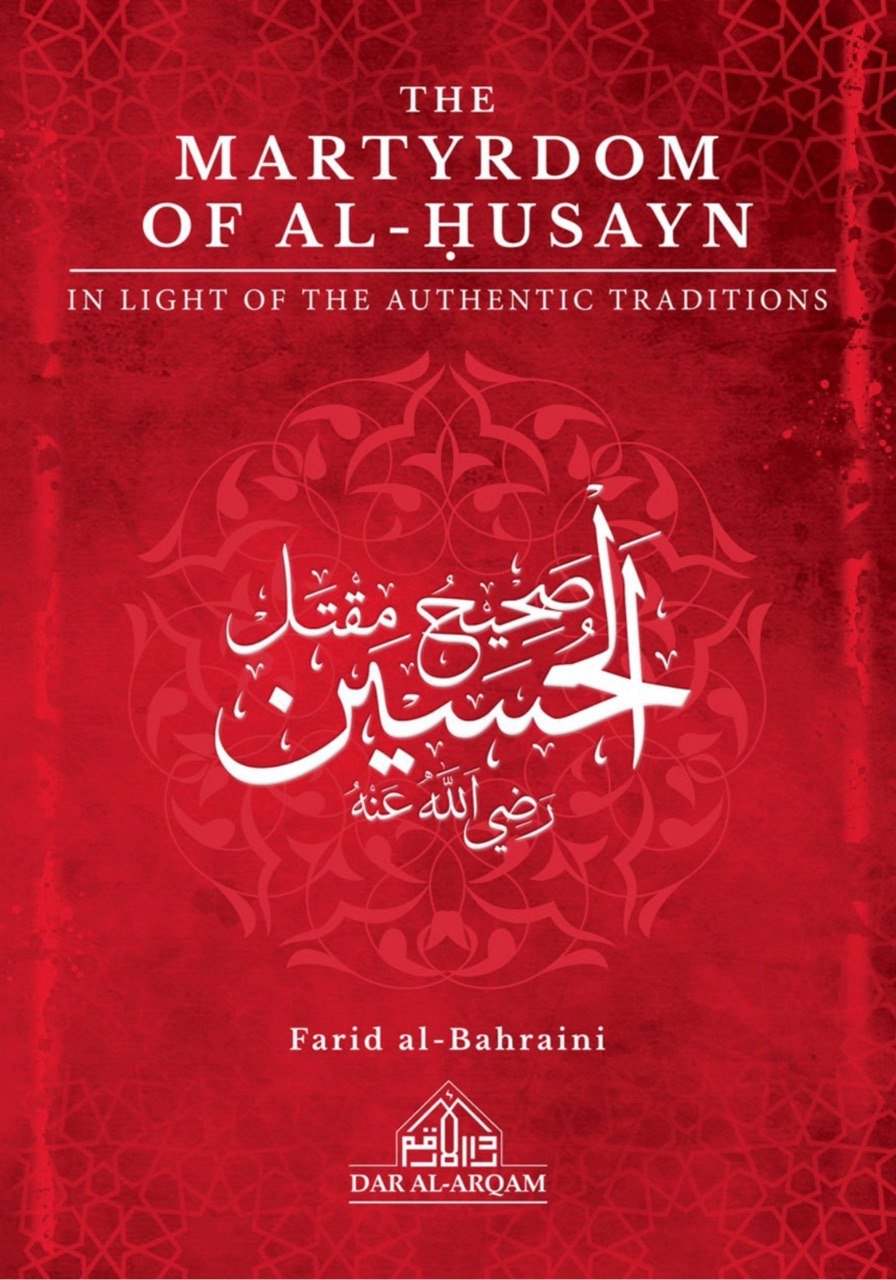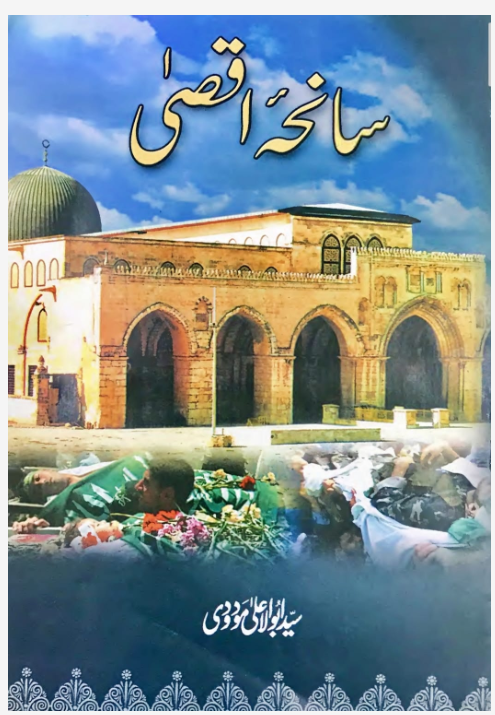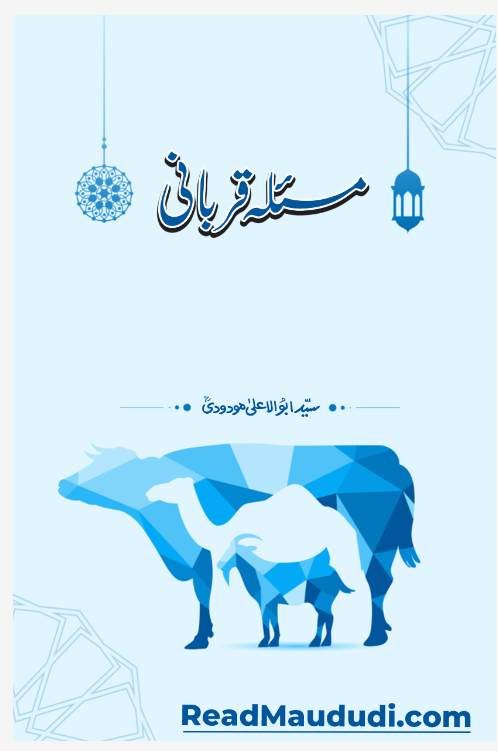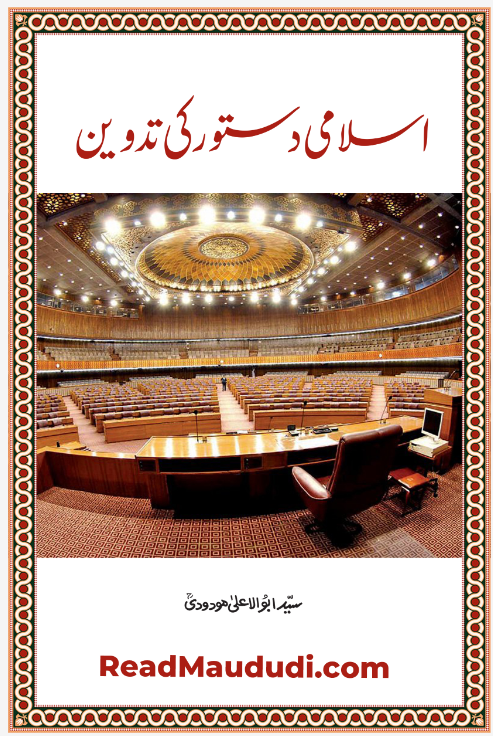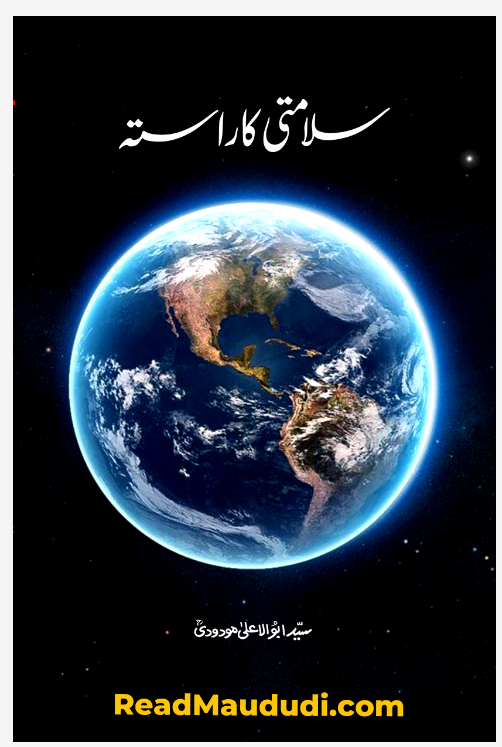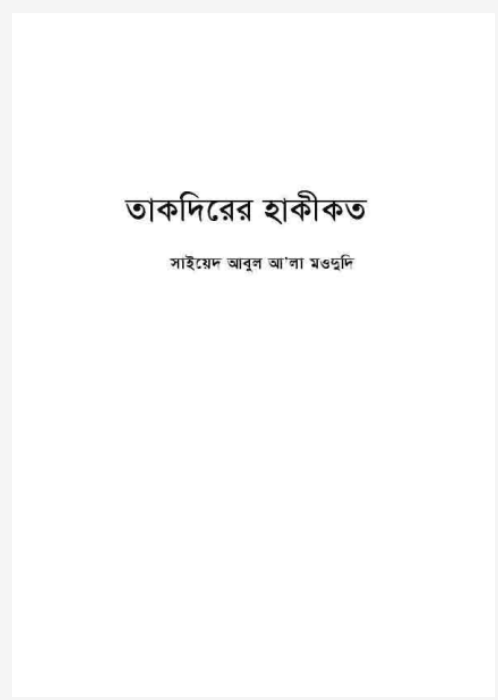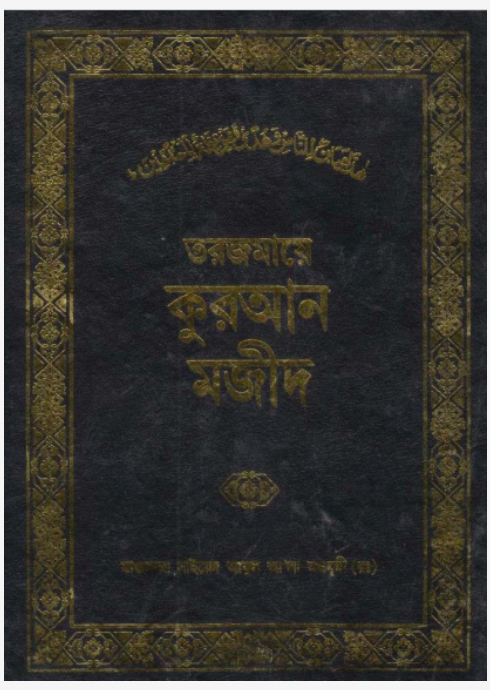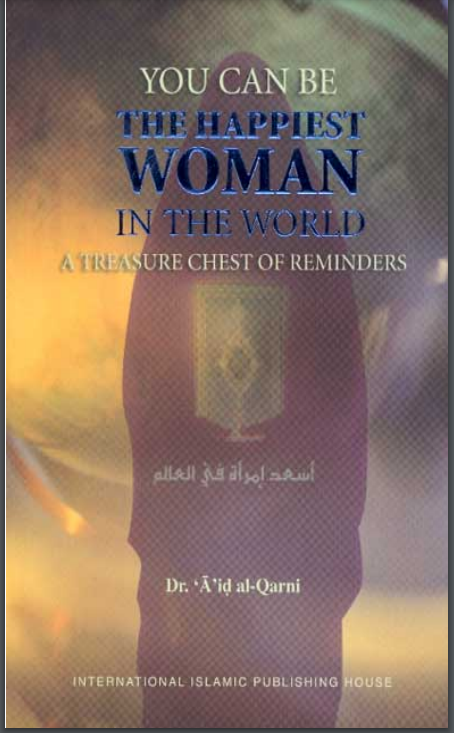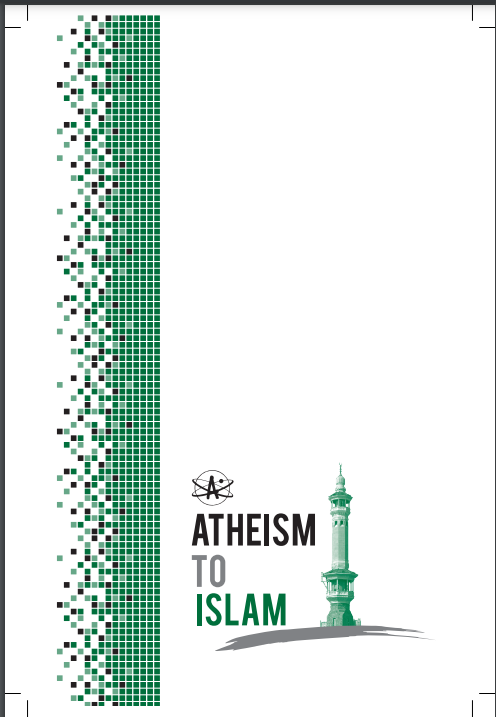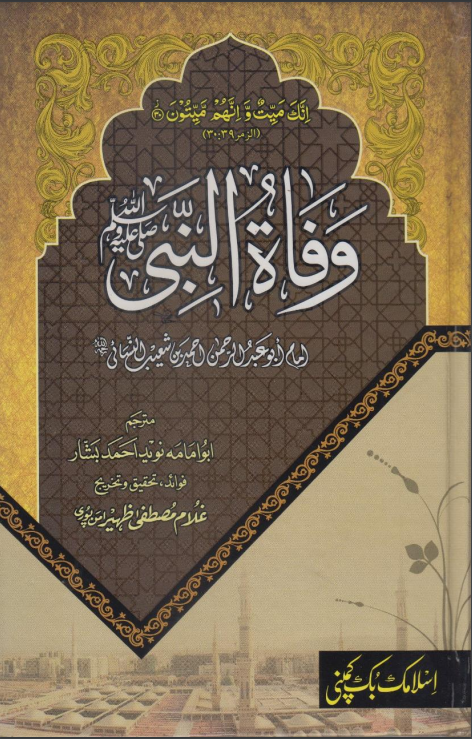

Ten Deeds Equivalent to the Reward of Performing Hajj and Umrah by Shaykh Zubair Marjalvi
Reviews
No review yet. Be the first to review this book!
Description
"Ten Deeds Equivalent to the Reward of Performing Hajj and Umrah" by Shaykh Zubair Marjalvi highlights ten specific actions that carry immense rewards, equal to or comparable to the reward of performing Hajj and Umrah, two of the most significant and spiritually enriching acts of worship in Islam. In this work, Shaykh Zubair emphasizes the importance of seeking Allah’s pleasure and the numerous ways in which Muslims can earn reward, even if they are unable to physically perform the pilgrimage. The author begins by explaining that Hajj and Umrah are not only obligatory or recommended acts of worship, but they also carry unparalleled spiritual benefits and rewards for those who undertake them with sincere intentions. However, for various reasons, many Muslims may not be able to make the journey to the holy cities of Mecca and Medina due to financial constraints, health issues, or other challenges. Shaykh Zubair then presents ten specific deeds that, according to the teachings of the Prophet Muhammad (PBUH), can offer rewards equivalent to or even surpassing those of performing Hajj and Umrah. These actions are accessible to all Muslims, regardless of their physical ability to travel. Some of the deeds mentioned include: Making Dhikr (Remembrance of Allah): Regularly engaging in the remembrance of Allah, especially through phrases like SubhanAllah, Alhamdulillah, and Allahu Akbar, which the Prophet (PBUH) described as actions of great reward. Seeking Knowledge: Pursuing Islamic knowledge and spreading it, as it is said that seeking knowledge is a form of jihad that holds tremendous reward. Fasting on the Day of Arafah: Fasting on Yawm Arafah (the 9th of Dhul-Hijjah) is said to expiate sins of the past and coming year, making it equivalent in reward to Hajj for those who cannot perform the pilgrimage. Offering Regular Prayers (Salah): Maintaining the five daily prayers with focus and devotion, as they are the key to a Muslim's connection with Allah and bring about immense rewards. Helping the Needy: Providing for those in need, especially by feeding the poor or assisting with their basic needs, which brings rewards similar to the acts of pilgrimage. Reciting Surah Al-Ikhlas: Reciting Surah Al-Ikhlas (the chapter of purity) multiple times, which the Prophet (PBUH) said is equal in reward to one-third of the Qur’an. Visiting the Sick: Visiting those who are ill with the intention of comforting them, which is highly rewarded in Islam. Making Du’a (Supplication): Regularly making sincere supplications to Allah, asking for His mercy and blessings. Offering Charity: Giving in charity, no matter how small, especially when done for the sake of Allah and to help those in dire circumstances. Performing Voluntary Prayers (Nafl Salah): Engaging in additional prayers outside the obligatory ones, such as Salat ad-Duha (the forenoon prayer) and Tahajjud (the night prayer), which are said to bring rewards similar to the pilgrimage. The book also emphasizes the importance of sincerity in all actions, as it is the intention behind a deed that determines its reward. Shaykh Zubair encourages Muslims to incorporate these deeds into their daily lives, ensuring that they can reap the rewards of Hajj and Umrah even without physically performing the pilgrimage. "Ten Deeds Equivalent to the Reward of Performing Hajj and Umrah" is a motivational guide that seeks to inspire Muslims to take advantage of simple yet powerful acts of worship, ensuring that they remain connected to Allah and continuously earn great rewards, regardless of their circumstances. The book serves as a reminder that Allah’s mercy and rewards are vast and accessible to all, and that acts of worship beyond Hajj and Umrah can still lead to spiritual elevation and eternal rewards.





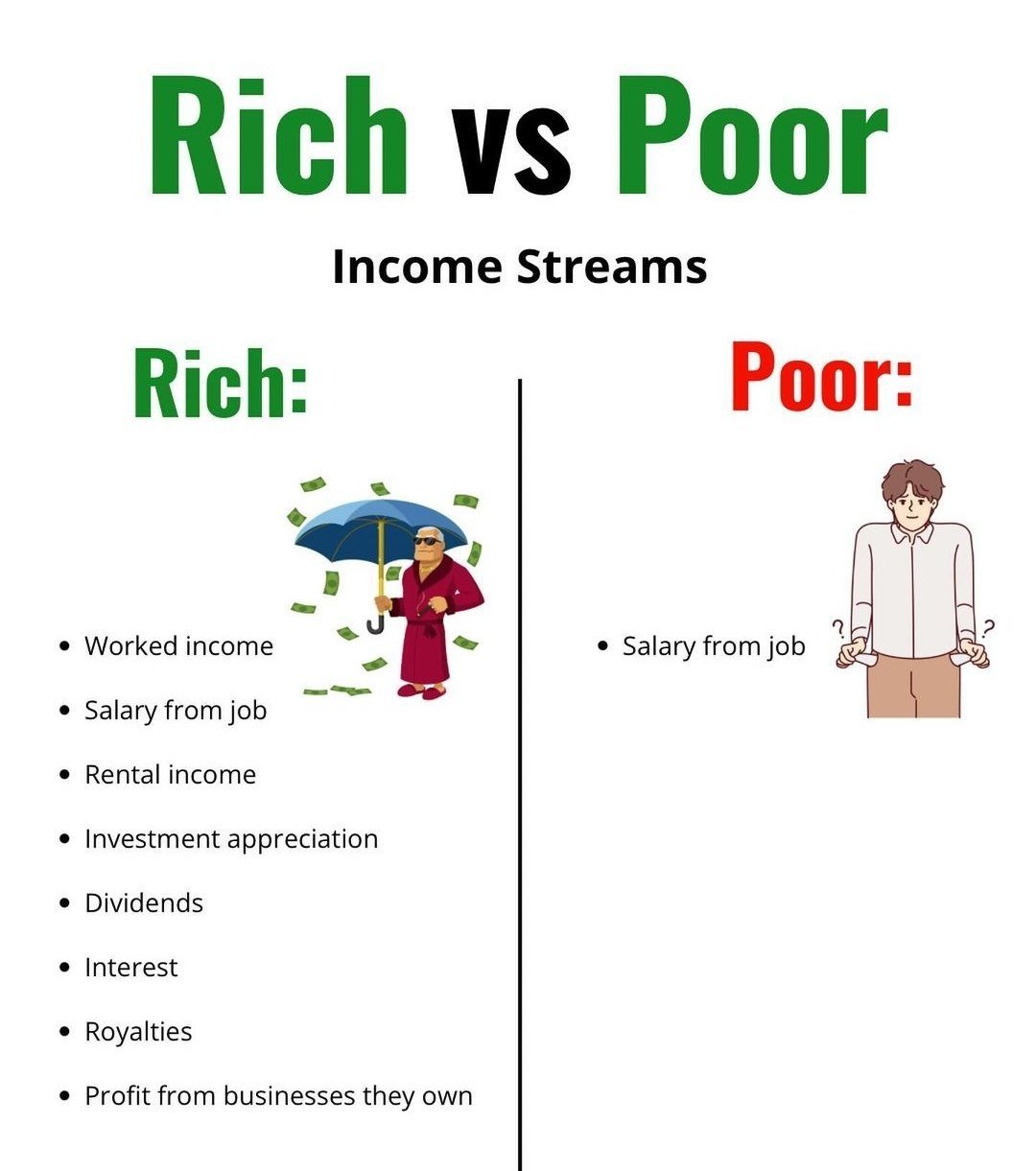



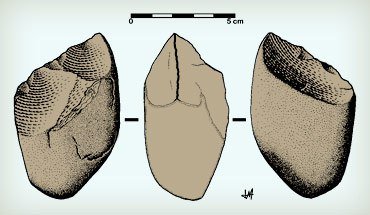




 Apr 15, 2025
Apr 15, 2025










.jpg)

.jpg)





.jpeg)


.jpg)


.jpg)
.jpg)



.jpeg)

.jpeg)










.jpg)
.jpg)




.jpeg)









.png)



.jpeg)
.jpg)
















